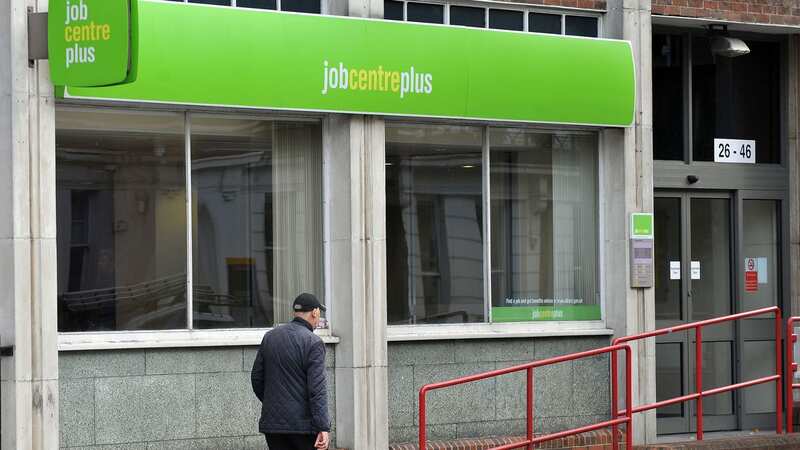
Benefits including Universal Credit are due to rise from next month.
The majority of benefit payments will go up by 6.7% in April. We've got a full list of all the benefits that will be rising here. But the exact date when the increase comes into effect varies depending on the benefit you’re claiming.
Housing Benefit and Council Tax Reduction rates normally change in line with the new council tax year, which is on April 1. If you claim Tax Credits, any increase is typically applied at the start of the new tax year, which is always April 6. For means-tested benefits, such as Universal Credit, Income Support or Pension Credit, the new rates should come into effect from the first Monday after the start of the tax year, which this year is on April 8.
If your benefits are due to rise, the increased rate will be applied automatically - you won't need to do anything. But the dates for when you'll actually notice the increase in your payment depends on when you normally get paid.
For example, if you claim Universal Credit then the new rate won't be paid until the first assessment period that begins on or after April 8. Universal Credit is calculated based on your "assessment period" which is based on your circumstances each month, such as earnings and savings.
 8 money changes coming in February including Universal Credit and passport fees
8 money changes coming in February including Universal Credit and passport fees
You usually get your Universal Credit payment seven days after each monthly assessment period. This means most people on Universal Credit won't see any increase in their payment until May or June.
There are nine benefits which the Department for Work and Pensions (DWP) is legally required to increase in line with inflation each April. These are as follows:
- Personal Independence Payment (PIP)
- Disability Living Allowance
- Attendance Allowance
- Incapacity Benefit
- Severe Disablement Allowance
- Industrial Injuries Benefit
- Carer's Allowance
- Additional State Pension
- Guardian's Allowance
Other benefits were subject to Parliamentary approval. Then there is the state pension, which is rising by 8.5% under the triple lock promise. If you're not sure how much your benefits will increase by, contact your local Jobcentre.